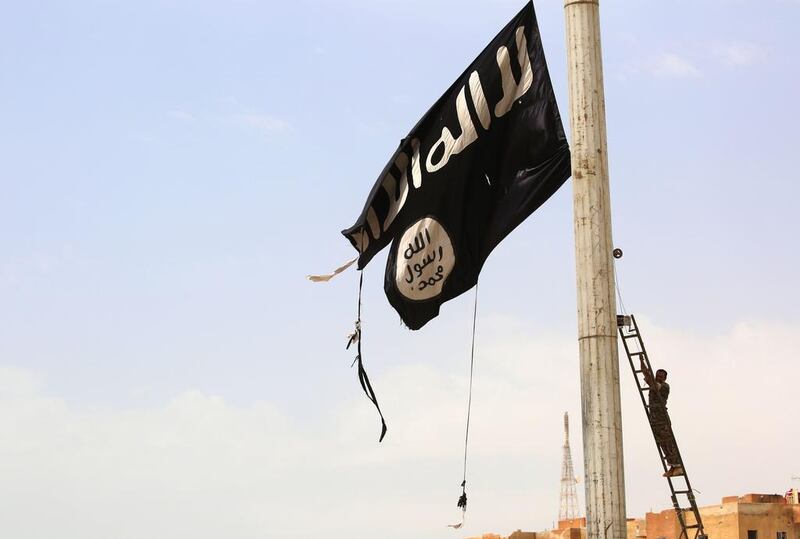There are fewer than 1,000 ISIL militants left in Mosul thanks to the unity of the Iraqi military and the coalition. In fact, victory against them in the besieged Iraqi city has become so probable that ISIL has resorted to the most despicable tactics – such as welding doors shut to stop residents from fleeing and even booby-trapping those homes – in a last-ditch attempt to preserve their waning grip on power.
Across the border, US-backed Syria forces could begin the operation to take Raqqa back as soon as next month. Piece by piece, ISIL’s self-proclaimed “caliphate” is being dismantled.
But despite the success of the coalition and the army, two urgent facts remain. One is that there is a looming humanitarian disaster in Mosul after more than 500,000 civilians have been displaced by the turmoil of battle. On a smaller scale, that will also be true for Raqqa. Looking after these men, women and children and resettling them after the conflict will be crucial.
The other sad but glaring fact is that the group still has its supporters and its sources of funding, meaning they may simply take their hateful brand of extremism elsewhere.
ISIL militants have long hovered near the border with Jordan, which has beefed up security in the area in an attempt to keep them out. Hizbollah, meanwhile, has handed the daunting task of guarding the Syria-Lebanon border to the Lebanese army, a tell-tale sign that even the most notorious of guerrilla groups is aware that keeping ISIL out will be a tough task.
Friday’s suicide bombing that killed 25 in Pakistan shows all too well that ISIL’s ideology extends far beyond its perceived borders.
As one study published last week by the Tabah Foundation put it, up to 6 per cent of those surveyed across several Arab countries admitted that they thought ISIL’s ideas to be correct, although these respondents stopped short of endorsing their actions.
That reinforces the argument that ISIL – which has created surprisingly robust franchises in Libya and Sinai and has radicalised and inspired terrorists across Europe – may today have territory over which it claims to rule, but it ultimately relies on a decentralised form of support to ensure its existence and efficacy. And this means that the intellectual war on the ideas behind such groups should be at the core of the anti-ISIL mission long after the last extremist has left Mosul and Raqqa.





